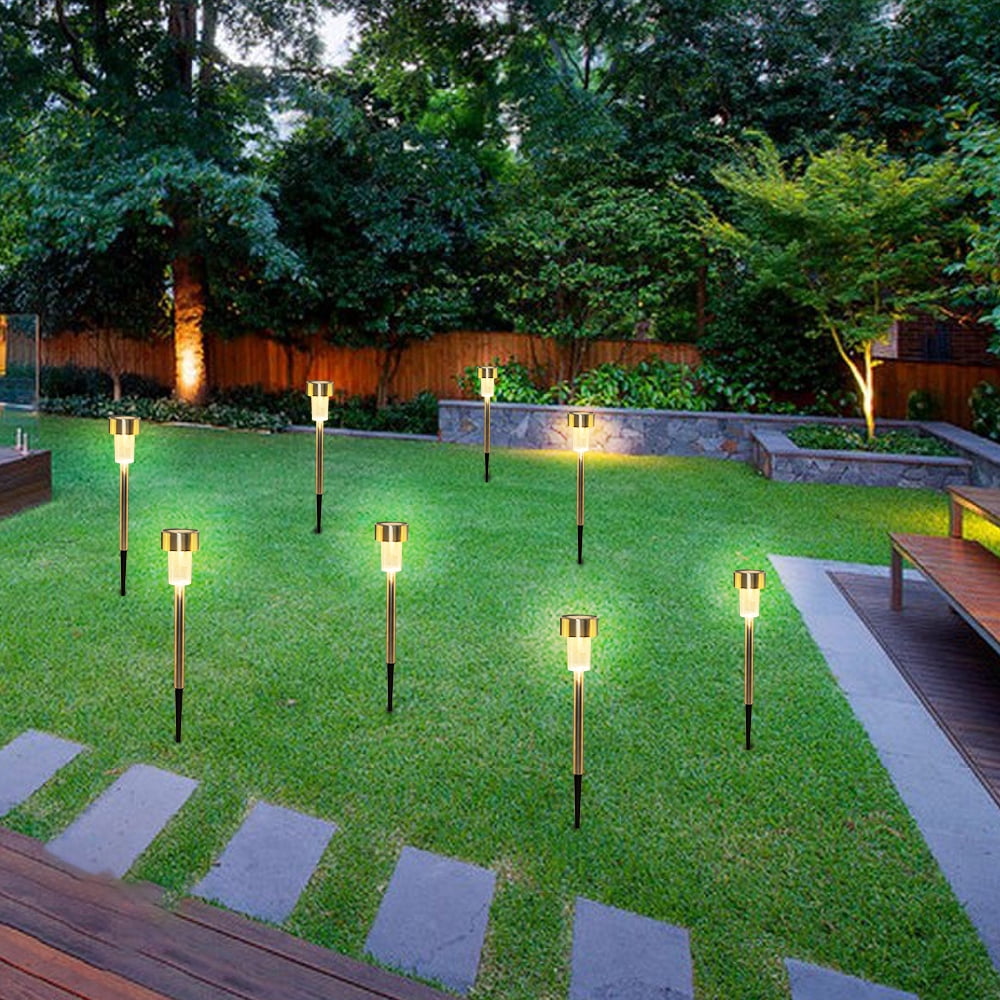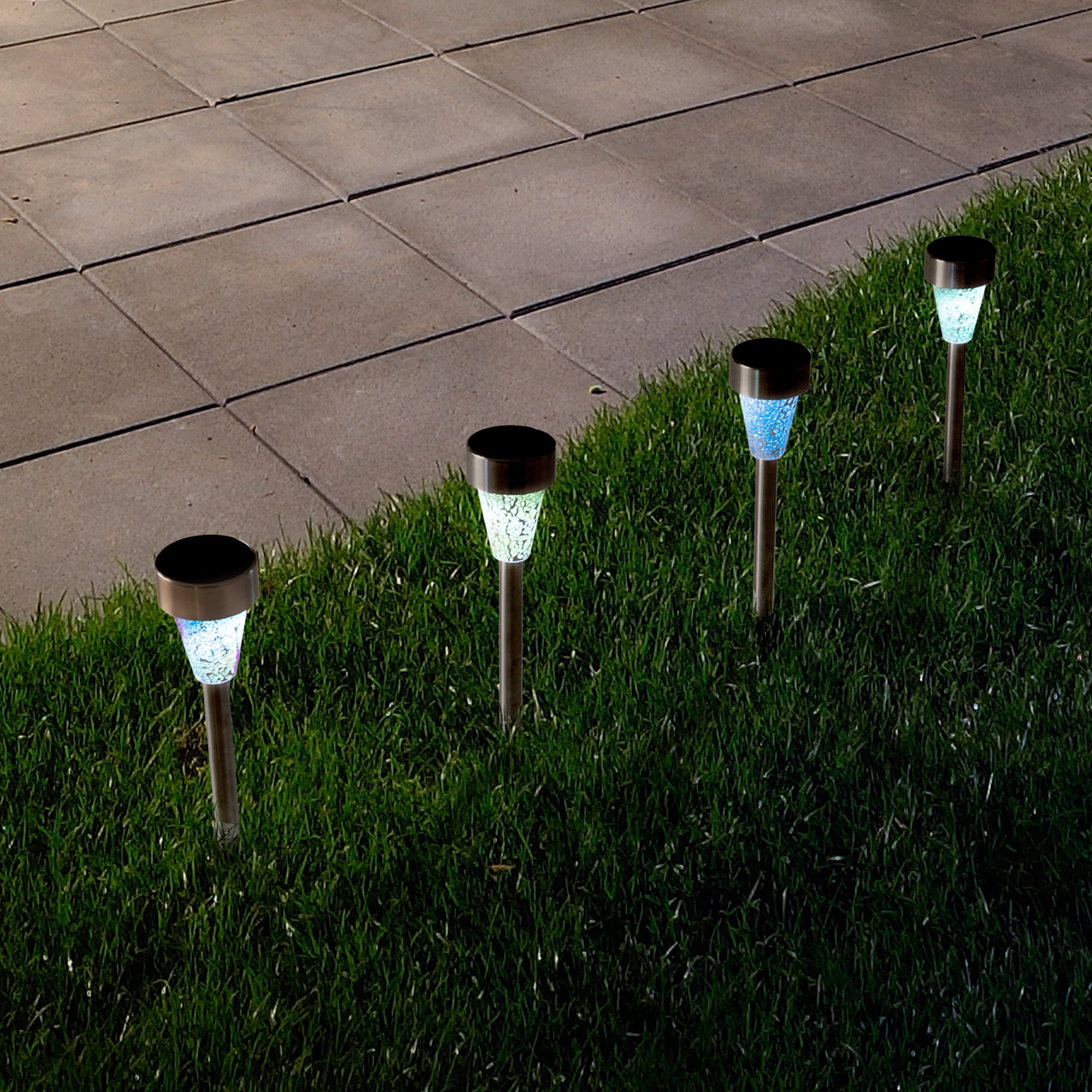
If you’re storing quite a few, though, you might not have enough room at home. They add a beautiful ambiance from spring through fall and, sometimes, even in winter. Some folks have dozens of solar lights around their home, which is lovely. (Follow the same tips as above when you do.) If You Have Many Solar Lights to Store, Consider a Storage Unit You can leave durable solar lights outside but bring the decorative solar lights indoors for storage. These glass and materials aren’t made to handle frigid weather, ice, and snow. However, decorative solar lights are lightweight and fragile. Those are probably fine outdoors for the winter. Mini solar lights are exceptionally durable. Definitely Store Decorative Solar Lights Indoors

It’s a little bit of extra effort but will help your solar lights last much longer. If you keep them in a storage unit, do the same thing. For example, if you store them in a closet, take them out once a month to let them get some light. It helps them to maintain a charge during storage, which will lead to a longer lifespan. Typically, the batteries in solar lights need a small amount of sunlight every day. Store Solar Lights Where they Can Get Some Sunlight That way, excess moisture won’t corrode, damage or rust any metal parts. As for storage, we highly recommend letting your solar lights dry completely before storing them. When they do, the moisture could leak inside and cause your lights to stop working. Unless you live somewhere extremely arid where it never rains, your solar lights will get wet. Some solar lights are waterproof, and we recommend purchasing those.

This isn’t about storing solar lights, per se, but about which lights to purchase. In short, taking solar lights out of the ground is the best way to store them in winter. That’s especially true if they’re covered with snow, and you can’t see them. Also, snowblowers, shovels, and other tools could damage them. For those, we highly recommend removing them entirely so that they don’t get damaged by winter weather. Some solar lights go in the ground around walkways and pathways. Remove The Entire Solar Light Device from the Ground That way, when you put them outside again next season, you’ll have everything handy. Once you remove them, wrap the batteries in some packing paper and pack them with the glass lamp heads. Leaving them in increases the risk of corrosion that can damage and even destroy your solar lights. If your solar lights have batteries, and most do, you should remove them for storage. Remove the Batteries from Your Outdoor Solar Lights for the Winter All of these options will prevent the glass from breaking or cracking while stored. It’s recommended that you wrap them in either bubble wrap or packing paper and then put them in a cardboard box. The lamp heads on many solar lights contain glass, which is very fragile. Wrap Glass Lamp Heads in Bubble Wrap or Packing Paper If you have space, your garage is a good choice, as is the attic if it’s well-insulated. Neither is outdoors in a shed or storage shack. The basement, for example, is probably not the best choice for storing your solar lights. For this reason, storing them in a cool, very dry place is vital. They made solar lights from materials like metals, that can corrode and rust.

Store Your Solar Lights Somewhere Very Dry To avoid this, make sure every outdoor solar light is in the ‘off’ position. The batteries will get drained, and the light may get damaged also. If you leave a solar-powered light switched on, it can reduce its lifespan significantly. This seems like a no-brainer, but many people forget. Make Sure the Solar Light is in the “Off’ Position Before Storing When you’ve properly packed them, don’t forget to get an iStorage unit so you can be sure they’re safe and sound.

SOLAR WALK LIGHTS HOW TO
If you have solar lights you’d like to store but don’t know how to do it, we’ve got your answers! How To Store Outdoor Solar Lights for the Winter is jam-packed full of the best! So if the sun’s going on vacation and you need to store your solar lights, read on! That’s why knowing how to store outdoor solar lights in winter is a must. There’s only one problem in the winter, when there’s less sunlight, they don’t work quite as well as in summer. They don’t use electricity from the grid, last for years, and look awesome.


 0 kommentar(er)
0 kommentar(er)
